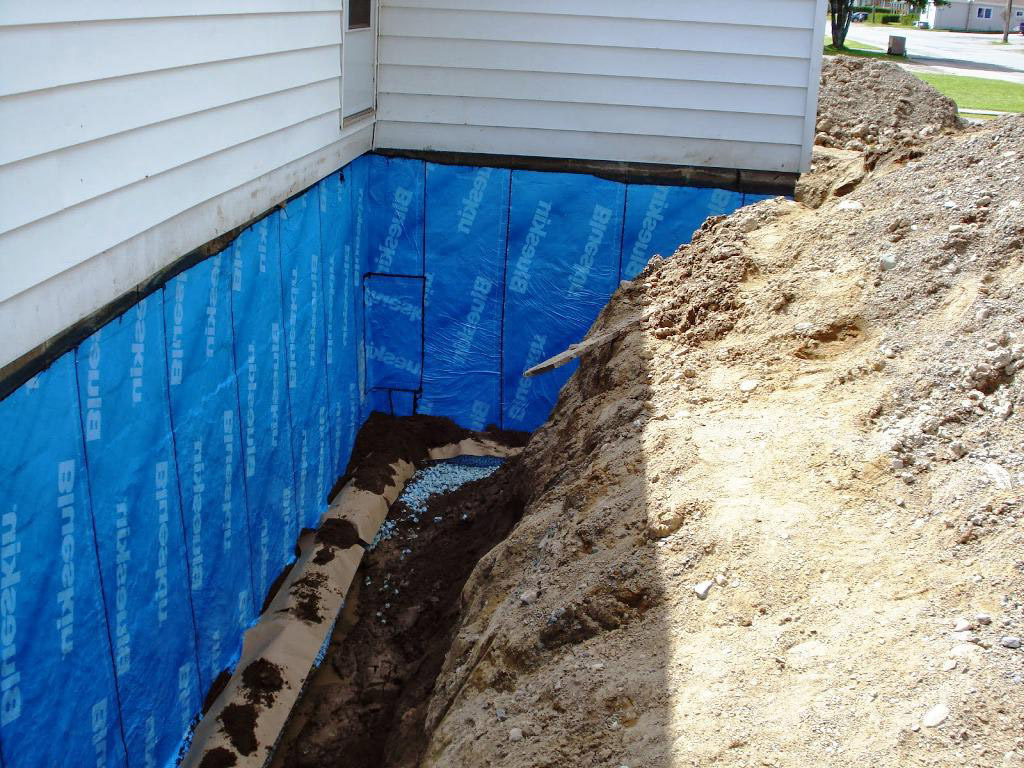When it comes to experiencing the beautiful natural world in your RV, one of the most important factors to think about is making it waterproof. Whether you're parked at a beautiful campground or exploring through unpredictable weather, ensuring your RV is adequately waterproofed can help you avoid pricey repairs and unpleasant experiences. Damage from water can wreak havoc on the interior and infrastructure of your vehicle, causing mildew, mildew, and structural issues that may take many to fix. Understanding how to properly waterproof your RV can not only protect your asset but also boost your comfort on the road.

In this guide, we shall explore essential tips and methods for waterproofing your recreational vehicle effectively. From recognizing early signs that your RV needs help to selecting the best waterproofing products for your particular requirements, we will give essential insights that will aid you maintain a safe and dry and safe environment within your camper. Whether you're a experienced RVer or a beginner, being diligent about waterproofing is crucial to stopping water damage and ensuring countless great experiences ahead.
The Importance of Waterproofing
Waterproofing is a vital aspect of maintaining the structure of any camper. Just like homes need protection from dampness, RVs are susceptible to leakage that can lead to major repairs and expensive renovations. Without proper waterproofing measures, water can seep into the inside of the vehicle, causing mold growth, compromised structure, and compromising the quality of your home on wheels. This makes waterproofing essential for keeping your RV in optimal shape and prolonging its usefulness.
Ignoring waterproofing not only endangers the integrity of your RV but can also have serious financial consequences. Repairing great post to read can be much more expensive than the initial investment in waterproofing products and techniques. By proactively waterproofing your RV, you can save a lot in potential repairs down the line, ensuring that your investment remains secure. This protective measure allows you to fully appreciate your travels without the constant worry of water issues.
Moreover, waterproofing enhances overall energy efficiency, making your RV more pleasant and lowering heating and cooling expenses. When your RV is effectively sealed against water intrusion, it also helps to regulate consistent indoor climate. This contributes to a more enjoyable living experience whether you are traveling or set up at a campsite. Effective waterproofing builds a barrier that not only defends from moisture but also improves the overall performance and durability of your RV.
Popular Water Proofing Techniques
There are various effective waterproofing techniques that can be used in different applications to safeguard structures from water damage. One of the most common methods is exterior waterproofing, which consists of applying a waterproof membrane on the outside of foundations to prevent water infiltration. This technique is especially effective in areas with elevated moisture levels or where heavy rainfall is common. Implementing drainage systems along with this membrane guarantees that any water is redirected away from the structure, minimizing the risk of basement flooding and other moisture-related concerns.
Interior waterproofing is another common technique that centers on managing moisture within the structures. This method involves the use of sealants and coatings that can be used to walls and floors in basements and crawl spaces. By sealing cracks and openings, interior waterproofing helps to stop water from trickling in. This is especially important in older homes where construction materials may have deteriorated over time. Additionally, appropriate ventilation and humidity control systems can improve the effectiveness of interior waterproofing solutions.
In conclusion, roof waterproofing is critical for defending buildings from water damage caused by leaks. This technique often includes the application of waterproof coatings or membranes on flat or sloped roofs. By making sure that roofs are waterproof, property owners can stop potential damage to the underlying structure. Routine maintenance and inspections are crucial to identify and address any issues promptly, making certain that the waterproofing remains effective and prolongs the roof's lifespan.
Picking the Appropriate Waterproofing Methods
Choosing the right waterproofing solution is essential for efficiently protecting your leisure vehicle against moisture damage. Begin by assessing the specific areas that require protection, including the roof, walls, and flooring. Each of these areas can be vulnerable to moisture intrusion, so it's essential to select a material designed for that specific use. Investigating different types of waterproofing products, like coatings, sealants, and membranes, can help you identify the most suitable fit for your RV's individual needs.
Evaluate the environmental conditions your recreational vehicle will face. If you often travel to areas with significant rainfall or snow, select robust waterproofing products that can resist extreme weather. Additionally, evaluate the long-term sustainability of the solutions you are considering; certain solutions may provide short-term protection while others are designed for long-lasting effects. Consistently look for products that are simple to apply and maintain, ensuring you can successfully handle waterproofing as part of your regular RV maintenance routine.
Lastly, do not be reluctant to talk to professionals who focus in RV waterproofing. They can offer important insights into the best practices and products for your individual vehicle type. Specialized advice can help dispel common waterproofing fallacies and direct you to efficient solutions that will save you cost in the long run by preventing costly water damage repairs. Spending time to choose the right waterproofing options can provide tranquility during your travels and preserve your investment for many years to come.
